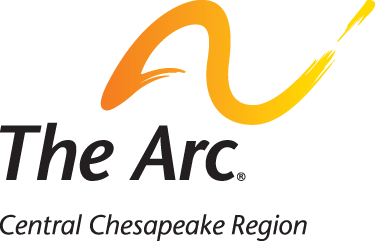Imagine a diverse and inclusive society where essential workers are compensated based on the true value of the services they provide and people with disabilities are recognized for the true value they bring to a business.
According to the results of the workforce study conducted by Jeff Trice Consulting, on behalf of The Arc Central Chesapeake Region, and made possible by a Rural Maryland Council grant, the above does not describe our present society.
The study focused on employment for people with intellectual and developmental disabilities (I/DD) as well as the employment of Direct Support Professionals in Talbot, Queen Anne’s, Kent, Dorchester, and Caroline counties. Information was gathered through listening sessions, interviews, questionnaires, conferences, meetings, and extensive online investigation over a six-month period. The resultant report publicly released July 16, explores five key findings and proposes a series of recommendations with associated strategies for consideration.
Engaging this rural community during the study has helped elevate the conversation and grow awareness about opportunities for people with disabilities in the workforce. The current clouds of social change, job loss, and economic uncertainty sparked by the COVID-19 crisis may offer challenges to attaining that imagined future of inclusion for all. However, a time of extreme uncertainty also creates an opportunity to pause, reset, and design the more inclusive, equitable future we envision for our community.
Attaining true inclusion in the rural workforce, as well as in our society-at-large, will require a clear and unified message about the value of hiring people with I/DD, who have proven to be a positive influence on co-workers, customers, the community, and a company’s bottom line. Crafting a clear message that focuses on abilities, rather than disabilities, enables advocacy efforts, welcomes participation, and moves the workforce towards true inclusion.
Moreover, the COVID-19 crisis has put a new focus on the need for DSPs. These essential workers face risks that far outweigh the pay. Research shows a stagnation of wage growth in this field, with a discouraging growth rate (adjusted for inflation) of just $0.45/hour over a 10-year period. People who serve people with disabilities often do this work as a labor of love or commitment to their fellow human beings. They should be compensated based on the true value of the services they provide. As our population ages and requires additional services, the need for DSPs will only increase.
Now is the time to bring the discussion of diversity, inclusion, and equity to the forefront. More than ever, people are realizing we are all in this together and that true solutions will be found in transparent conversations, collaboration, and partnerships. This study has started the conversation in our rural community; people are responding and engaged, and they want to know more. Change will happen when our unified voice impacts funding and policy decisions.
We have an opportunity to design something different and amazing and equitable and inclusive workforce on Maryland’s Upper Eastern Shore, where everyone’s contribution is valued.
At 10 a.m. on Sept. 15, The Arc will be hosting a virtual seminar to discuss the findings of this study in-depth and to open conversations with the community on the importance of inclusive workforce practices and valuing our workforce.
Original article in The Capital on August 25, 2020.


